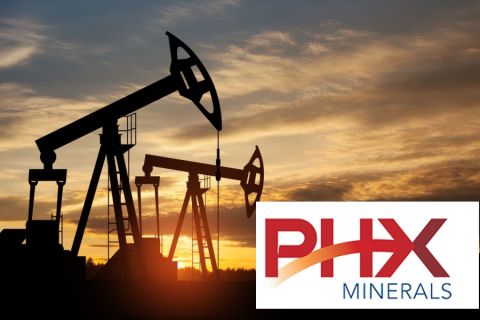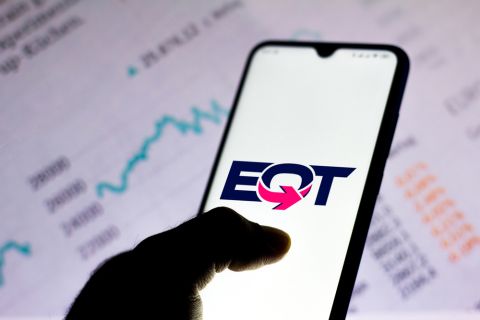
Diamondback President Kaes Van’t Hof discusses the White House’s mixed message on oil production, methane regulation and how investors are more effective at pushing for ESG improvements than regulation. (Source: Hart Energy)
Hart Energy visited with Kaes Van’t Hof, president, Diamondback Energy Inc., in Midland during Hart Energy’s Executive Oil Conference, discussing the company’s growth and plans for its roughly 500,000 net Permian acres.
Here, he describes the political operating environment for producers. Oil and Gas Investor’s full article, “Inside Diamondback,” will be available on Jan. 1.
Nissa Darbonne: The messaging from President Joe Biden is that he wants oil producers to produce more oil, but he wants to put oil out of business. Can you unpack that for us?
Kaes Van’t Hof: There’s a lot to unpack there. While the (political) rhetoric continues to be disheartening and contributes to the lack of understanding of our business, at the end of the day we produce a product that’s vital to this country and has made this country extremely energy-strong relative to where we were before the shale revolution.
I think that’s underappreciated by all politicians. We’re doing a lot of good things for this economy and for this country. And it’s time to get a little bit of credit for it.
“Our shareholders are pushing us to do better than regulation anyway, right?” — Kaes Van’t Hof, Diamondback Energy Inc.
ND: Your thoughts on methane regulations?
KVH: We don’t know exactly what the final rules are. The EPA hit us (on Nov. 11) with a lot of uncertainty. (But) our shareholders are pushing us to do better than regulation anyway, right?
So while, as an oil guy in Texas, you don’t want to say you’re in favor of regulation, if the regulation ends up giving us credit from the general public that we are doing the right thing environmentally in producing these barrels, then maybe we’ll get credit for it.
The original EPA rule with the methane tax or fee in it—we’re not going to pay any tax on that because we’re already well ahead of those numbers.
From an industry perspective, it’s probably not helpful if you’re a smaller operator, having to spend significant dollars on (what) isn’t income-generating.
But as a large producer, it fits under our license to operate that we have to execute on as a public producer anyway.
ND: On that, how do you value—or devalue—an acquisition target when factoring for the target’s environmental score?
KVH: We’ve been getting that question a lot from our large shareholders. Every year, we do an engagement on all things ESG with our Top 20 shareholders. And this has been a topic of discussion.
It certainly goes into the modeling we do for what we’re buying. I wouldn’t say it affects value by more than a couple percent here or there. But in general, we expect to get those assets up to our quality very quickly.
They need to slot into our environmental goals—our Scope One targets, Scope Two, water recycling, flaring, all the above. And while it won’t make us walk away from a deal, it certainly makes us think about how much money we have to spend to get that (asset) up to snuff.
I will say that, even in the private-equity-backed world, they’re doing a great job, developing their assets in the way that an environmentally responsible producer would because they have shareholders too, right?
And their shareholders demand that they do as well as we do when it comes to environmental performance.
Recommended Reading
SLB’s ChampionX Acquisition Key to Production Recovery Market
2024-04-21 - During a quarterly earnings call, SLB CEO Olivier Le Peuch highlighted the production recovery market as a key part of the company’s growth strategy.
PHX Minerals’ Borrowing Base Reaffirmed
2024-04-19 - PHX Minerals said the company’s credit facility was extended through Sept. 1, 2028.
BP Restructures, Reduces Executive Team to 10
2024-04-18 - BP said the organizational changes will reduce duplication and reporting line complexity.
Matador Resources Announces Quarterly Cash Dividend
2024-04-18 - Matador Resources’ dividend is payable on June 7 to shareholders of record by May 17.
EQT Declares Quarterly Dividend
2024-04-18 - EQT Corp.’s dividend is payable June 1 to shareholders of record by May 8.






